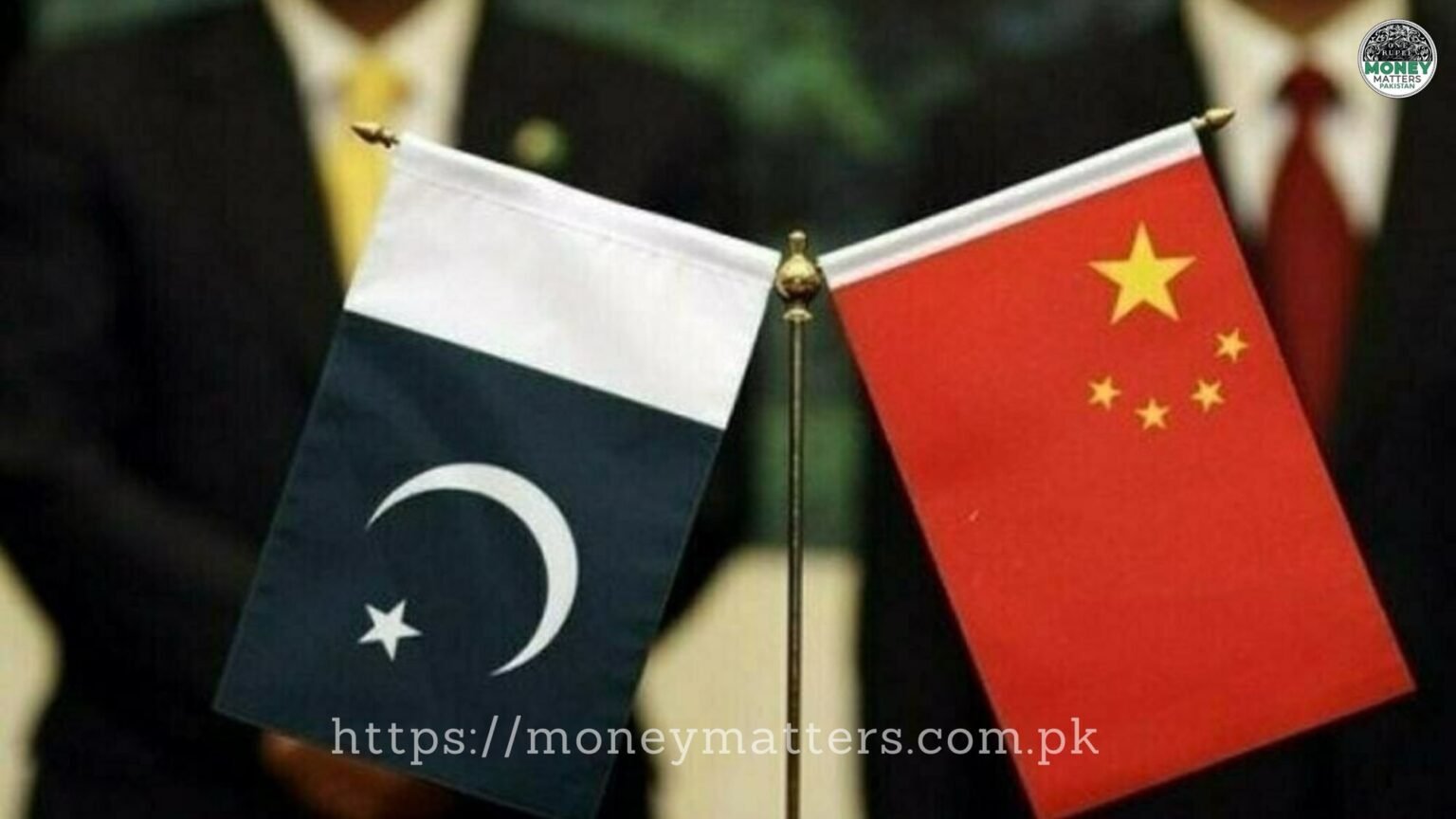Beijing’s commitment to support Islamabad’s foreign exchange reserves comes amidst ongoing fiscal challenges and a pivotal period for Pakistan’s economic reforms.
Key Takeaways:
i) China has assured Pakistan of refinancing $3.7 billion in maturing debt by June, providing crucial support for Pakistan’s foreign exchange reserves.
ii) The refinancing includes $2.2 billion in safe deposits and $1.5 billion through the enhancement of a currency swap facility, potentially in Chinese Yuan.
iii) This financial assistance is expected to bolster Pakistan’s external account stability as the nation seeks a new, larger program with the International Monetary Fund (IMF).
Money Matters Monitoring – In a recent analysis published by The Express Tribune titled “China assures of $3.7B refinancing next month” and authored by Shahbaz Rana, concerns were raised regarding Pakistan’s external financing needs and the pivotal role of Chinese support. In the article the author states, “China has assured Pakistan of refinancing $3.7 billion in maturing debt by next month, providing a much-needed boost to the country’s foreign exchange reserves.”
This assurance from Beijing is a significant development for Pakistan, which is navigating a complex economic landscape. The $3.7 billion package comprises two main components: $2.2 billion in safe deposits that are set to mature in June and an additional $1.5 billion that will come through an enhancement of the existing currency swap facility. According to Shahbaz Rana, the loans through the currency swap may be issued in Chinese Yuan, a move that could further insulate Pakistan’s foreign exchange reserves from direct dollar outflows. “The option of taking loans in Chinese yuan is under discussion to prevent further dips in the country’s foreign exchange reserves,” Rana highlights.
Pakistan’s external financing needs remain substantial, with projections indicating a requirement of over $19 billion for the fiscal year 2025-26. The International Monetary Fund (IMF) has noted Pakistan’s significant progress in restoring macroeconomic stability, with inflation sharply lower and external buffers strengthening. As of early May 2025, Pakistan’s total liquid foreign exchange reserves stood at $15.483 billion, with the State Bank of Pakistan’s reserves at $10.332 billion, an increase indicating improved inflows. The Asian Development Bank (ADB) has also projected Pakistan’s economy to grow by 2.5% in FY2025, supported by ongoing reforms and a more stable macroeconomic environment.
The timing of China’s refinancing commitment is crucial as Pakistan prepares for negotiations with the IMF for a new and larger Extended Fund Facility (EFF). Prime Minister Shehbaz Sharif has previously underscored China’s indispensable support, stating that the IMF program would not have been possible without it. China has emerged as Pakistan’s largest creditor, holding nearly $29 billion in loans, accounting for approximately 22% of the country’s total external debt. The consistent rollover of loans and provision of financial assistance by China demonstrates the depth of their bilateral ties and China’s commitment to Pakistan’s economic stability. This ongoing support is vital for Pakistan to manage its debt obligations and strengthen its foreign exchange position, thereby fostering investor confidence and facilitating long-term economic growth.




